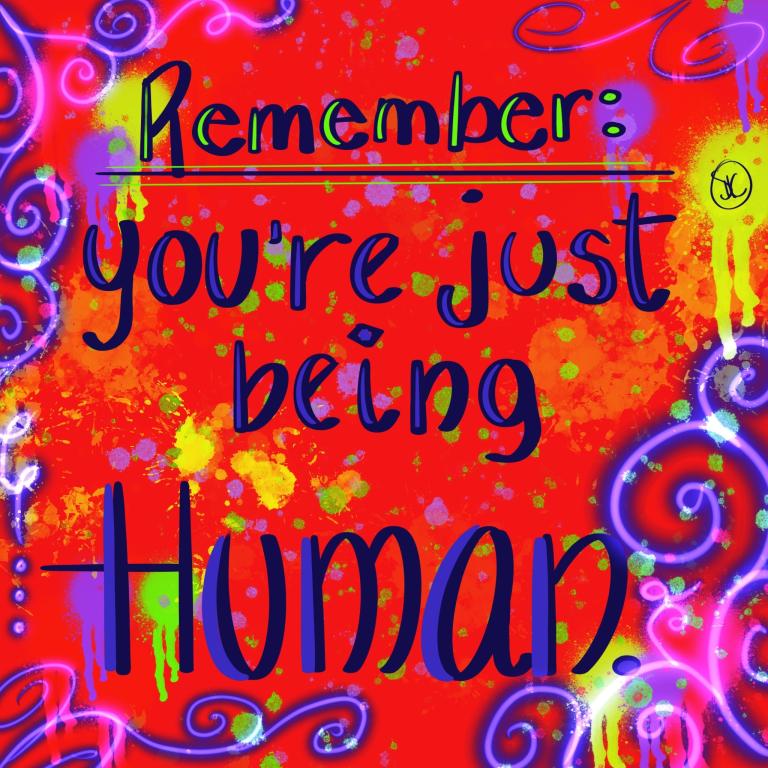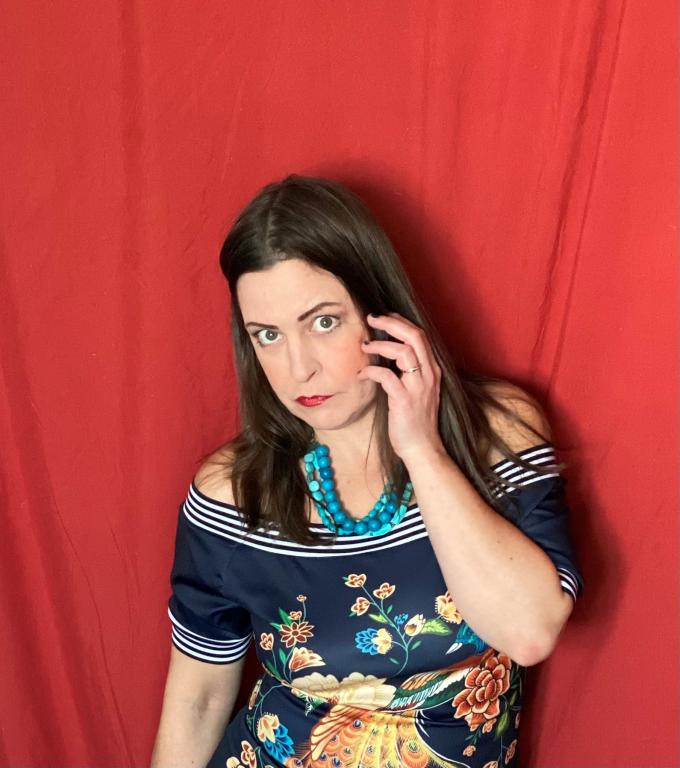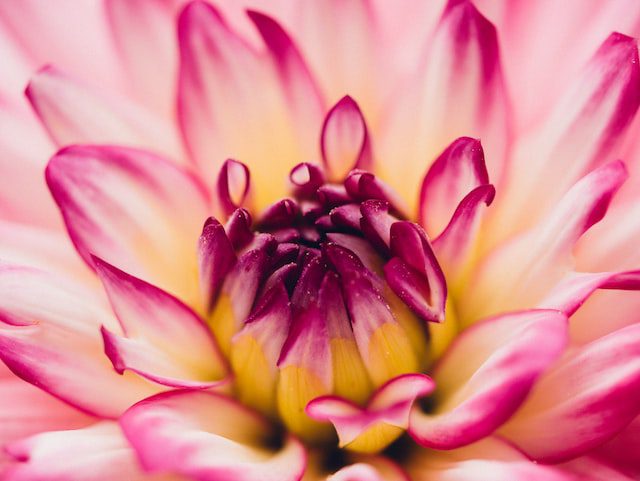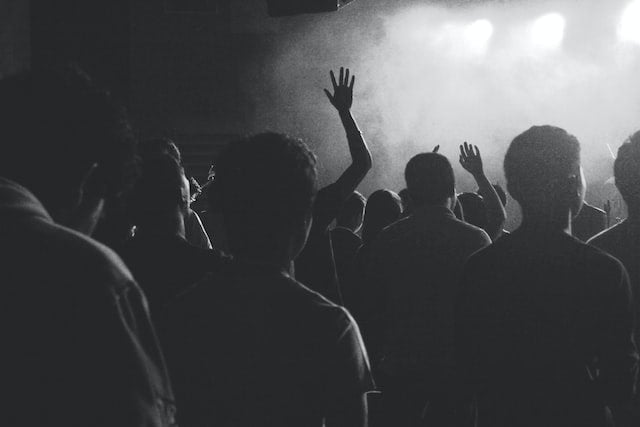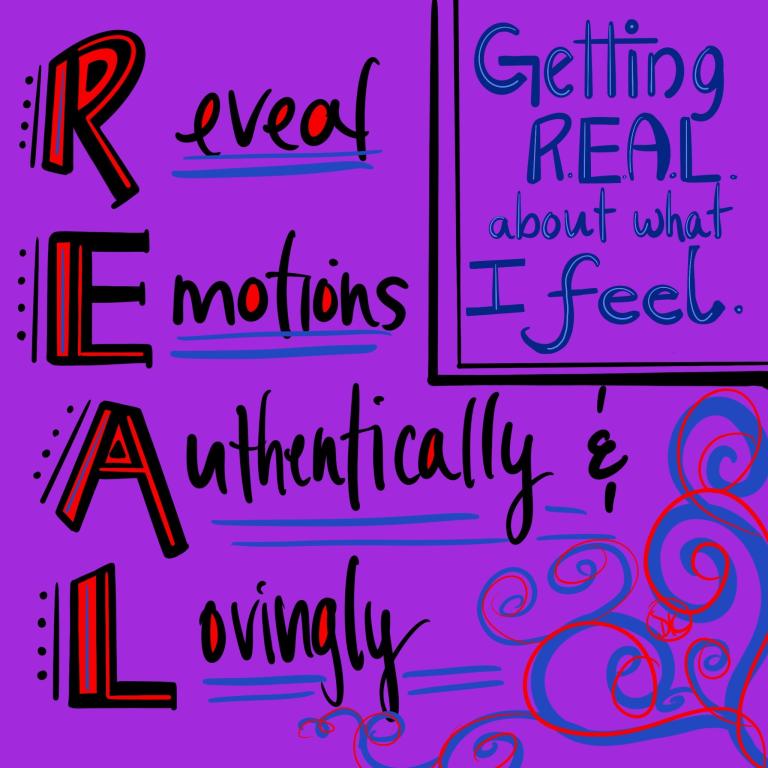
I have tried to cover up, drink, eat, f#ck, hide, and sweep away my feelings. To no avail, my feelings still take center stage. They consume me, control me, activate me, and affect all those in my proximity. The methods I use to dismiss my feelings are about as effective as scooping water from a pot with a slotted spoon. Sure, I spoon out traces of the feelings, but most of them stay in the pot of boiling water.
These methods grant me temporary relief, I’ll give you that. For a moment or two, the boiling is reduced to a simmer, and I can manage my daily responsibilities, interactions, and engagements with others. This is attributed to the ability to compartmentalize. It’s a function of the psyche that helps us separate and order. It’s a defense mechanism. And in case no one has informed you, defense mechanisms are not developer tools for a sound, integrated mind. A defense mechanism in itself is an underdeveloped tool—a spork in place of a meat cleaver.
The mind uses compartmentalization to avoid cognitive dissonance. I use this method to avoid any mental discomfort or anxiety I have about the conflicting beliefs, emotions, and values that I am holding within. Ergo, it’s an unconscious way of protecting myself from anxious thoughts and feelings.
If we flip the pages in our bibles, in the Epistle of James, we can see another phrase used for this method of protection, it’s often referred to as double-mindedness. “A double minded person is unstable in all his ways.” (James 1:8) I realize that the verse itself doesn’t convey much, other than potentially describing hypocrisy or wavering of faith, but it leaves room for potential expansion.
Soren Kierkegaard was one who expanded on this definition. He developed his own way to detect such a phenomenon as double-mindedness. He expanded on the concept, noting that doublemindedness is a concept that speaks to insecurity, egoism, and the fear of punishment. This idea tracks right along with psychology’s definitions of defense mechanisms and why they are used.
In Upbuilding Discourses in Various Spirits (Hong, p. 144) Kierkegaard writes:
“What is your frame of mind towards others? Are you in harmony with everyone—by willing on thing? Or are you divisively in a faction, or are you at loggerheads with everyone and everyone with you? Do you want for everyone what you want for yourself, or do you want the highest for yourself? Do you do unto others what you want others to do to you—by willing one thing…Do you want a different law for yourself and for yours than for others; do you want to have your comfort in something different from that in which every human being unconditionally can and will be comforted?”
Kierkegaard devised a technique for himself so that he could be more aware of his potentiality of doublemindedness. It’s the watchfulness of individual choices we make that are in alignment and consistent with what we proclaim as our values. It’s the asking of questions about our own motivations and choices. “Do you want a different law for yourself and for yours than for others?” This last month, I wanted to intercede the law of Karma and Justice to make myself feel better about all the turbulence in my life. I actually tried to believe in a hell that would torment and punish those who trespassed against me. This is a huge step away from my general view of an all-forgiving, all-loving God who would redeem Lucifer at the end of all things.
When we hold conflicting beliefs and emotions and values within, it creates an inner turmoil that we aren’t always aware of. I found myself battling demons and angels over the last month when wrestling between contempt and compassion, grieving and grace. In general, my lens is focused on love, but with all the inconveniences and interruptions in my life in the past month, love took a back seat to my ego and emotions. Essentially, it was as if I tried to use a lid to stop the boiling over of emotions rather than turning the burner off and removing the pot from the stove. I felt like a fraud for thinking some of the thoughts that I did as if I were betraying my entire philosophy of life over injuries and wounds. I doubted myself and every choice I made.
It’s not that the notion of doubt itself is somehow attributed to this character flaw of doublemindedness. We all have doubts. But what happens when you doubt yourself and all that you do? If you are filled with that kind of anxiety, in believing that you are damned no matter what answer you give or no matter what action is played out, you stop living and stay stuck in perpetual fear of failing.
When we allow our emotions to take hold of us rather than taking hold of our emotions and recognizing they are fleeting little buggers that just like to fuck with us, we become “like a wave of the sea, blown and tossed by the wind.” Doubt compounds our emotions, and we end up not only losing trust in others, but we also lose trust in ourselves. We lose faith in ourselves and maybe even God.
“Consider it pure joy, my brothers and sisters, whenever you face trials of many kinds, because you know that the testing of your faith produces perseverance. Let perseverance finish its work so that you may be mature and complete, not lacking anything. If any of you lacks wisdom, you should ask God, who gives generously to all without finding fault, and it will be given to you. But when you ask, you must believe and not doubt, because the one who doubts is like a wave of the sea, blown and tossed by the wind. That person should not expect to receive anything from the Lord. Such a person is doubleminded and unstable in all they do.” (James 1:2-8, NIV)
I forgot what a gift grief and pain can be. Instead, I tried to boil those feelings away failing to prepare for how much those emotions grow over a flame. I forgot to ask God for wisdom. I forgot to ask for help. I danced in the darkness of doublemindedness and defense mechanisms, getting drunk off the sweet taste of fantasy revenge in my mind.
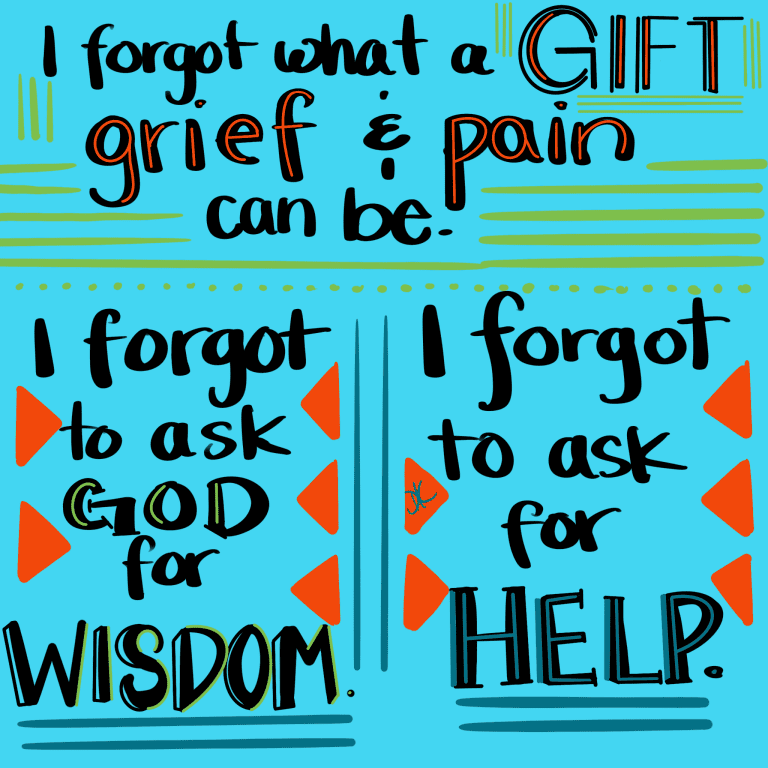
I allowed the activation of my emotions to compromise my values. The reality is, I do this all the time. So do you. We often don’t recognize our own contradiction of values. But it is most blatant during voting seasons in the United States. Many people will often vote for individuals who don’t always hold the same values as we do because it’s the lesser of two evils. When we align ourselves with political parties or activist groups, we may even hold differing and opposing views. We proclaim what we value and what we oppose, but our actions in everyday life say “bullshit.”
Say for instance you want other people to stop using plastic bags at grocery stores because it is harming the environment, yet you still rely on plastic bags to haul your plastic garbage out to the dumpster. Someone who doesn’t believe in logging wood for material items may still purchase an oak dining room table without even realizing what they are participating in. Buying almond milk instead of cow’s milk because it’s more humane but failing to realize how much water is used to produce 1 quart of almond milk.
The same can be said for those of us who have taken communication courses, psychology classes, anger management therapy, yoga, and many other therapeutic and meditative classes, courses, or sessions to learn to control our emotions and be aware of activation. We may think we have a grip on how to contain ourselves but then something just happens. Our patterns pop back up to encourage egoic destruction. We know better, yet we do not do the thing that we know we should and instead do the thing that we know we shouldn’t. (To borrow from the Apostle Paul- Romans 7:15-20)
To counter doublemindedness, James suggests asking God for wisdom. Kierkegaard suggests self-discipline and clarity, along with “willing the Good” as essential to preventing this way of compartmentalization. These methods work, so long as you actually do believe in the intercession of prayer, and you have a clear definition of what “Good” is and how to will it. But what if we added to that a more modern approach that edifies us even in our missteps and forgetfulness? What if we got R.E.A.L. about what we feel?
The methods I was using are no longer conducive to my mental and physical health. I can no longer drink my feelings away (46 days sober). Eating my feelings only harms my body. Fucking my feelings away is a good temporary relief, trust me, I know this. But it is temporary. Hiding or sweeping away my feelings is about as effective as putting a lid over a boiling pot. It’s just going to flood out eventually, and I may not be ready for it when it happens.
My feelings are real. Therefore, I must be R.E.A.L. about what I feel. This means I Reveal my Emotions Authentically and Lovingly. There is absolutely nothing doubleminded about having emotions. It’s doubt and fear that compromise our emotions and make them unstable reactants. For me to be R.E.A.L. first I must sit with those feelings and really feel them. Acknowledge them beyond the surface. They aren’t just boiling bubbles, there is substance underneath. I must be courageous enough to stir them around to see what’s at the base.
Too often, I tell myself, “I don’t have time to feel this or think about this,” and I shove them aside. Don’t we all do this? We act like we are too busy to deal with, well, ourselves! It’s detrimental to our mental health to put our feelings on the backburner when they surge as voraciously as they do. Not keeping a watch on the pot is what creates the overflow. We must make time to stir the pot, turn down the flame, and remove the pot from the burner.
Recently, I spent some time in silence, in darkness, surrounded by the sounds of music that penetrated my core. I cried, hard. I wrote down my darkest feelings. I doodled my emotions in the brightest of colors. I cried some more. I screamed at God. I cried to God. I envisioned myself out of existence. I immediately felt as if I betrayed myself for such a vision. But strangely, it felt good to die in that darkness. And I felt like God was standing over me saying, “It’s ok to feel this, things have been really difficult for you, and you are so scared that this seems like the best way out of it all.”
Fear. I fear all the changes that are taking place. I fear what I am losing. I fear the future because I don’t know what it looks like anymore. I sat with that fear, and I surrendered to it. I offered my life to my fear. But fear just sat there, staring at me, and said nothing. She never says anything, really. She just shows you fictional presuppositions to steal your attention away from your presence.
Sitting with your feelings is a present action. You are pausing to listen to what stirs within. But we aren’t present-living individuals, are we? We are too crunched for time, too distracted by devices, and too over-scheduled with social engagements and extra-curricular activities.
If we can be so bold as to steal away moments of the now, we can learn how to Reveal our Emotions Authentically and Lovingly. We can express them in a way that won’t wound others. We can relieve pressure from the pain of experiencing emotions by ourselves. We can leave the defense mechanisms and doublemindedness behind.
The next time you feel your emotions surging and you don’t think you have time to listen to them, make a damn appointment to confront your feelings pronto. Your feelings do matter, and you do deserve to set time aside for yourself. If my feelings don’t matter to me, why I would expect my feelings to matter to someone else? We set the precedence. It’s to our benefit that we recognize how important our feelings are. When we do, it makes it easier to express those feelings to others because we know they have value. We won’t be so defensive when we express ourselves.
Learning to be R.E.A.L. is a ritual. You must set the stage for it. Play music, light incense or candle, roll a joint, hit a vape, sit on a comfy pillow, turn off the lights, and let those feelings flow out of you before they spill all over everyone and everything that matters to you. Your anger and anxiety will surface first. Let those sneaky fellas float around. Betrayal of the self, guilt, remorse, and shame may spill out next. Especially if you’re angry feelings climaxed toward rage and revenge. Your thoughts are not actions, remember that. Cry, scream, cry some more. But write. Doodle. Do something to physically get those feelings out of your mind and onto something more tangible that you can crumple up or burn or delete. Emotions are energy in motion. When they are trapped, we must move them, dance them out, massage them, express them and move them to another space outside of our bodies.
Give yourself permission to grieve during your trials and tribulations. Grief isn’t just for the death of a loved one. I didn’t die, but a piece of me did. And a lot of changes were prompted very quickly. I had to quit drinking. I had to change habits and patterns. That’s not an easy thing to do. I changed and my actions changed, and my ego is over here freaking out. Initially, I felt as if I didn’t deserve to feel so low and depressed. Or that I don’t have time to feel anything in depth. As if I don’t deserve to be loved by myself or anybody else. And that’s bullshit. That’s a lie we tell ourselves because we fear something.
I write out the lies I tell myself. The dark, shattered, broken deception of my doublemindedness. I get it out on paper so that I get it out of my body and mind. And when I feel I have emptied myself of the lies, I do pray. I do ask God for wisdom. I ask for comfort. And I do receive it, but sometimes it comes from a bright turquoise beetle crawling across my toes outside, or a spider that just drops in my face as I am wiping tears away. Or Chai, my cat, jumps on my lap and licks my tears. Or my husband barges in my office and asks me if I want a French press. The comfort comes almost immediately, even if in the warmth of a sensation that fills my body. The wisdom, however, comes at inopportune times, or long after I have forgotten about my request. Often, it comes from the lips of someone I love only after I have revealed my emotions authentically and lovingly.
After the incense and the music, the dancing and massaging, the weeping and wailing, rest is important. And by that, I mean a good night’s sleep. I saw a meme today that really spoke to the humor of my past month. It read:
This is your gentle reminder that one time in the Bible Elijah was like, “God, I’m so mad! I want to die!” so God said, “Here’s some food. Why don’t you have a nap?” So, Elijah slept, ate, & decided things weren’t so bad.
Never underestimate the spiritual power of a snack & a nap.

This is referring to the passage in 1 Kings 19, in where Elijah flees to Horeb, and God appears before him.
“Elijah was afraid…He came to a broom bush, sat down under it and prayed that he might die. ‘I have had enough, LORD,’ he said. “Take my life; I am no better than my ancestors.” Then he lay down under the bush and fell asleep. All at once an angel touched him and said, ‘Get up and eat.’”
(19:3, 4-5)
I wasn’t eating or sleeping very well in the past month. And with my injuries healing, I forgot how important rest and replenishment are for my body. It’s such a simple fix, really, to a lot of our challenges. Eating well and sleeping—these are two restorative resources that we take for granted. Bringing in the ritual of rest is necessary for the development of our relationships, too.
I also wasn’t verbally expressing my depletion, my fears, or my anxieties to anyone else. But I wanted others to be aware of it. But I didn’t. Because for me, letting others know what I am feeling also means that I must ask for help. I have to ask for help so that I don’t return to these activation levels that leave me feeling empty and worthless.
Nietzsche said of vanity, “It is the involuntary inclination to set one’s self up for an individual while not really being one; that is to say, trying to appear independent when one is dependent.” Asking for help seemed like a form of dependency to me. I was raised to be an independent woman in modern times who doesn’t need a man (or anyone for that matter) to help me. Nietzsche said that “wisdom is the exact contrary” of vanity, “it appears to be dependent while in reality it is independent.” (Axiom 13 We Philologists) Is there not a case for wisdom to be found in the practice of asking for help?
Is it vanity that prevents us from revealing our emotions authentically and lovingly? I recall many times in my life wherein emotions = weakness and asking for help = dependency and incompetence. Expression of fears? Who would dare reveal what scares them? Isn’t that what leaves us vulnerable? Maybe it’s time we flipped the script on those trite ideas and embrace emotional expression while filtering out our fears. We do this by bringing our loved ones in on the chaos and storm in our minds.
This is how we can Reveal our Emotions Authentically and Lovingly. When I reveal my emotions to Cory, when I say, “I am scared,” it’s both authentic and loving. It’s one of the most important admissions we can make to our loved ones. Taking ownership of the fear is what really begins the dissolution of the fear. When we leave others out of our inner turmoil and remain silent about our emotions, we are more likely to blame them for what we are feeling. I noticed the more I held in, the more I assigned those feelings to other people. But I do know full well that others cannot be held responsible for what I am feeling. I also know that if I let others know what I am feeling, they have more information about what’s going on and won’t jump to conclusions or read me wrong. Informing them also prevents them from thinking that they did something wrong. Part of the fear of sharing our fears and insecurities with others is that we will be misunderstood. The thing is, we are more likely to be misunderstood with an absence of words rather than giving words to our feelings. If I want to be understood, I must find not only courage, but the words to explain for another to understand, right? Sometimes this takes additional effort along with heaping doses of patience.
When I was able to tell Cory that I was filled with fear, he immediately told me he was feeling the same. This put us on the same field and made it easier for him to understand my behavior. Everything about our lives will be changing so drastically. Like Joseph Campbell once said, “We have to let go of the life we had planned to accept the one that is waiting for us.” Letting go and surrendering to the unknown is a scary task for everyone. We all have fears. It’s whether we free ourselves from those fears by expressing them authentically and lovingly that determines how we transform them. We free ourselves from fear by giving a voice to it, by speaking it into and out of existence in one breath. Naming your fears is the first step into quashing your fears. This is what is meant by facing fears—you feel them, and you free them from your body and mind.
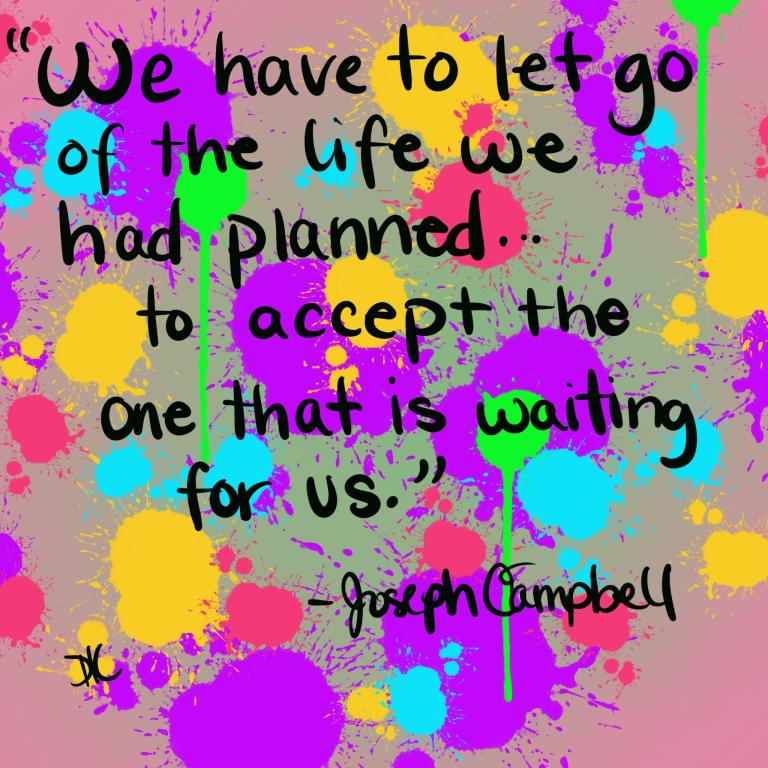
Compartmentalization, doublemindedness, relying on unconscious defense mechanisms: these are all actions that only justify cowardliness. Cowardness controls us and makes us dependent on fears. When we free ourselves from the cages of compartmentalization, our emotions don’t take control of our lives. We learn to compassionately confront our emotions and express them so that we can stay present to the life unfolding before us. I realized that there is nothing dependent, vulnerable, or weak about admitting when I am scared. My children always tell me when they are scared. I know that somewhere at some time, I created an environment that welcomes the divulging of fears. It’s just that I often opt for the thing that I do not wish to do. I’m human, so it’s going to take me a few tries to really put this method into practice.
Now begins a new process for detecting and preventing the defense mechanisms that become obstacles to consciousness.
